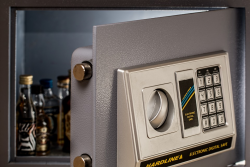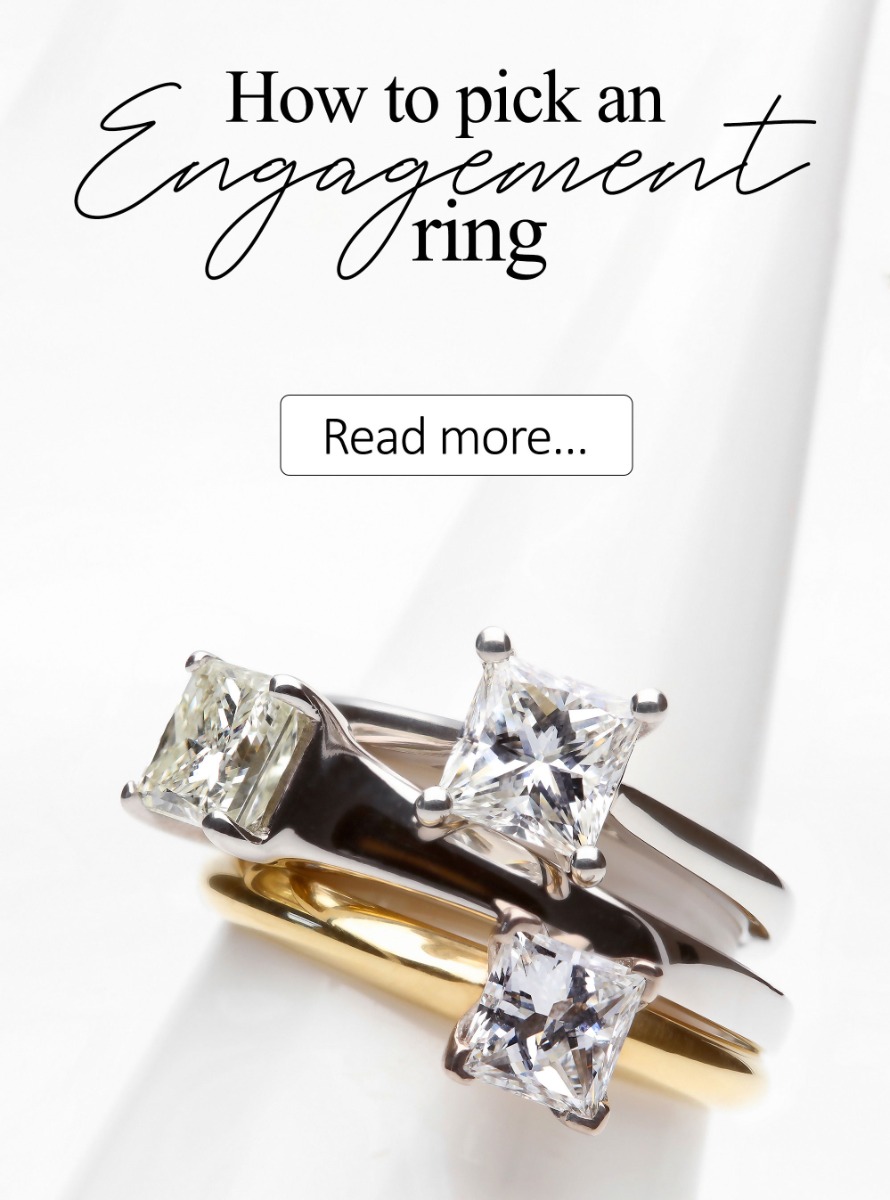How to find the right travel insurance for your jewellery
Few things are more upsetting in life than losing a prized piece of jewellery, and it’s a sure-fire way to ruin an otherwise excellent holiday. Unless you’ve got the right insurance, that is. But choosing the right insurance policy can be tricky. Without reading the fine print, you might not realise that certain policies cover much less than you’d think-especially when it comes to jewellery.
If you’re thinking of jetting off to your own personal paradise and need to make sure your valuables are safe and sound, have a read through our guide before making any abrupt decisions.
How much is your jewellery worth?
Generally, travel insurance comes with a maximum payout limit. There’s also often a specific ‘valuables’ payout, and this could be a lot lower than you’d expect. For example, if you lose a £1,000 ring and your policy has a maximum payout of £600, unfortunately you’ll be losing out on £400 when it comes to making a claim.
Be extra careful when looking at some of the lower-end policies, as some of these come with no personal belongings protection whatsoever.

How much is the excess charge?
Another thing to be wary of is the excess charge your policy expects you to pay should you make a claim.
Going back to our £1,000 ring, even if the policy’s maximum payout was £1,000 for valuables, a £200 excess charge would see you only receiving £800 in the case of anything happening.
Many jewellery-specific insurance policies don’t charge an excess, so these are often the better option if this is something you want to avoid.

What kind of holiday are you going on?
Some unexpected things can cause damage to your jewellery, and most travel insurance policies don’t cover them.
For example, the salt and chemicals in pools and the sea can be particularly hazardous to precious metals, and while some insurance brokers may offer cover for wedding rings damaged in this way, few cover anything else.
If you’re thinking of spending most of your time by the beach, you may be better off saving your prized pieces for evenings out.

Does your hotel provide safe storage?
Most hotels have a combination safe in each room for you to store your valuables, but if yours doesn’t, it could mean your travel insurance is null and void if anything gets stolen.
It’s common for travel insurance policies to include a caveat that excludes theft coverage unless the jewellery is on you at the time it’s taken, or if it was in a safety deposit box.
Make sure your room comes with safe storage, and use it whenever you take your jewellery off.

Do you have proof of value?
As you’d expect, insurers generally need you to present proof of ownership and proof of value. If you don’t have these things, you could find yourself in a tough spot when it comes to making a claim.
It’s a good idea to take photos of your pieces and write up a list of them before you go away. Leaving a copy at home and taking a copy with you means you can be doubly sure you have proof of ownership.

Choosing the right jewellery insurance policy for you
Whether you’re on holiday or at home, ensuring your jewellery is protected is incredibly important.
When choosing a jewellery insurance policy, make sure your maximum payout covers the total cost of your items, and that there isn’t an excess charge to eat into your claim. Then check the fine print for any other surprises that might make things difficult should anything go wrong.
Overall, specific jewellery policies are the most comprehensive, and are definitely preferable to most travel insurance. While we unfortunately can’t offer insurance ourselves, we can wholeheartedly recommend the services of TH March, who are regarded in the industry as the ultimate providers of jewellery cover.













